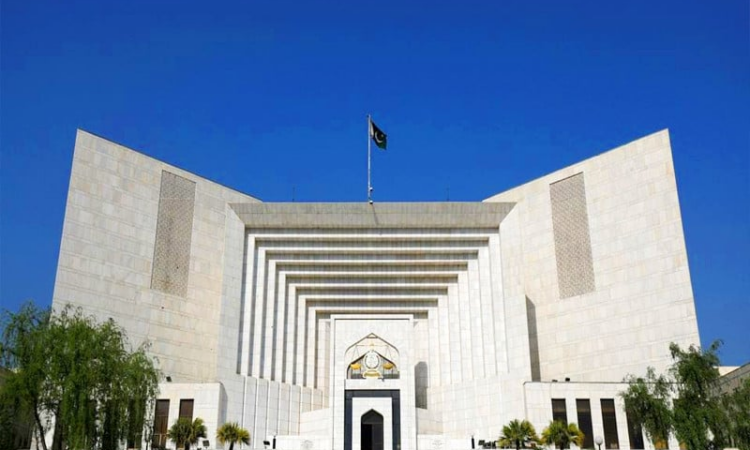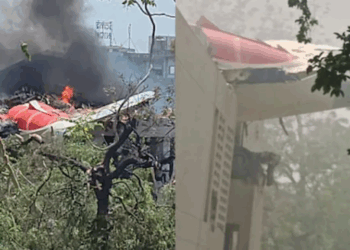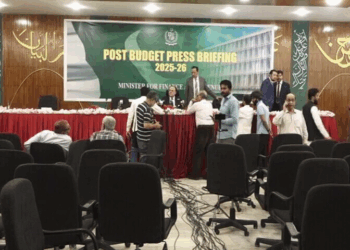Islamabad, January 31, 2025: The Supreme Court’s Constitutional Bench resumed hearings on appeals challenging the trial of civilians in military courts. During the proceedings, Justice Musarrat Hilali questioned the distinction between the 2014 Army Public School (APS) attack and the May 9 protests.
The seven-member bench, led by Justice Ameenuddin Khan, heard arguments from Khawaja Ahmad Hussain, counsel for Justice (R) Jawad S. Khawaja.
Hussain contended that “ordinary civilians do not fall under the jurisdiction of the Army Act, which applies only to military personnel and civilian employees of the armed forces.”
Justice Hassan Azhar Rizvi asked whether the Army Act covers attacks on airbases, while Justice Hilali noted, “The APS attack was an act of terrorism, whereas May 9 was a protest. What distinguishes the civilians involved?”
In response, Hussain explained that the APS attack led to the 21st Constitutional Amendment, allowing military trials for terrorism suspects. He argued that while May 9 protesters should be prosecuted, their cases should not be handled by military courts.
Justice Ameenuddin Khan remarked that the court has the authority to review any legislation that contradicts the Constitution. Justice Hilali further pointed out, “All the children killed in the APS attack were civilians.”
Hussain also referred to a May 15 statement from the Inter-Services Public Relations (ISPR) regarding the May 9 events. When asked if he objected to the statement, he clarified, “I have no issue with the first part. However, the statement claims there is irrefutable evidence of the May 9 incidents. If the military itself is a party to the case, how can a trial under its jurisdiction be impartial?”
Justice Hilali observed that these arguments addressed the case’s merits, while Justice Ameenuddin advised the lawyer to focus on legal aspects. Hussain insisted, “A victim cannot ensure an impartial trial.”
During the hearing, Justice Hassan Azhar Rizvi asked, “If a foreign spy is captured in the future, where should their trial be conducted?”
Hussain suggested such cases should be tried in anti-terrorism courts. Justice Rizvi, with a smile, responded, “Oh really?”
Justice Ameenuddin Khan pointed out inconsistencies in the argument, saying, “It is contradictory to declare a law unconstitutional while also advocating for special remedies under it.”
Justice Muhammad Ali Mazhar questioned whether the armed forces could invoke Section 2(1)(d)(2) of the Army Act in the future. Hussain replied that this provision should not be applicable moving forward.
The discussion also touched on Indian spy Kulbhushan Jadhav’s case, with Justice Mazhar questioning how invalidating Section 2(1)(d)(ii) would affect future espionage trials.
Justice Hilali also raised concerns about Field General Court Martial (FGCM) proceedings, noting that in such trials, accused individuals cannot choose their legal representation, as lawyers require approval from the Army Chief.
Justice Mandokhail cited past rulings, including the FB Ali case, which upheld key provisions of the Army Act, and noted that the 21st Constitutional Amendment was reviewed by a full bench of 17 judges.
The hearing was adjourned until Monday, February 3.








